That was the discussion session on the Draft Resolution of the National Assembly on the mechanism for handling difficulties and problems caused by legal regulations, which is being consulted at the 9th Session of the 15th National Assembly.
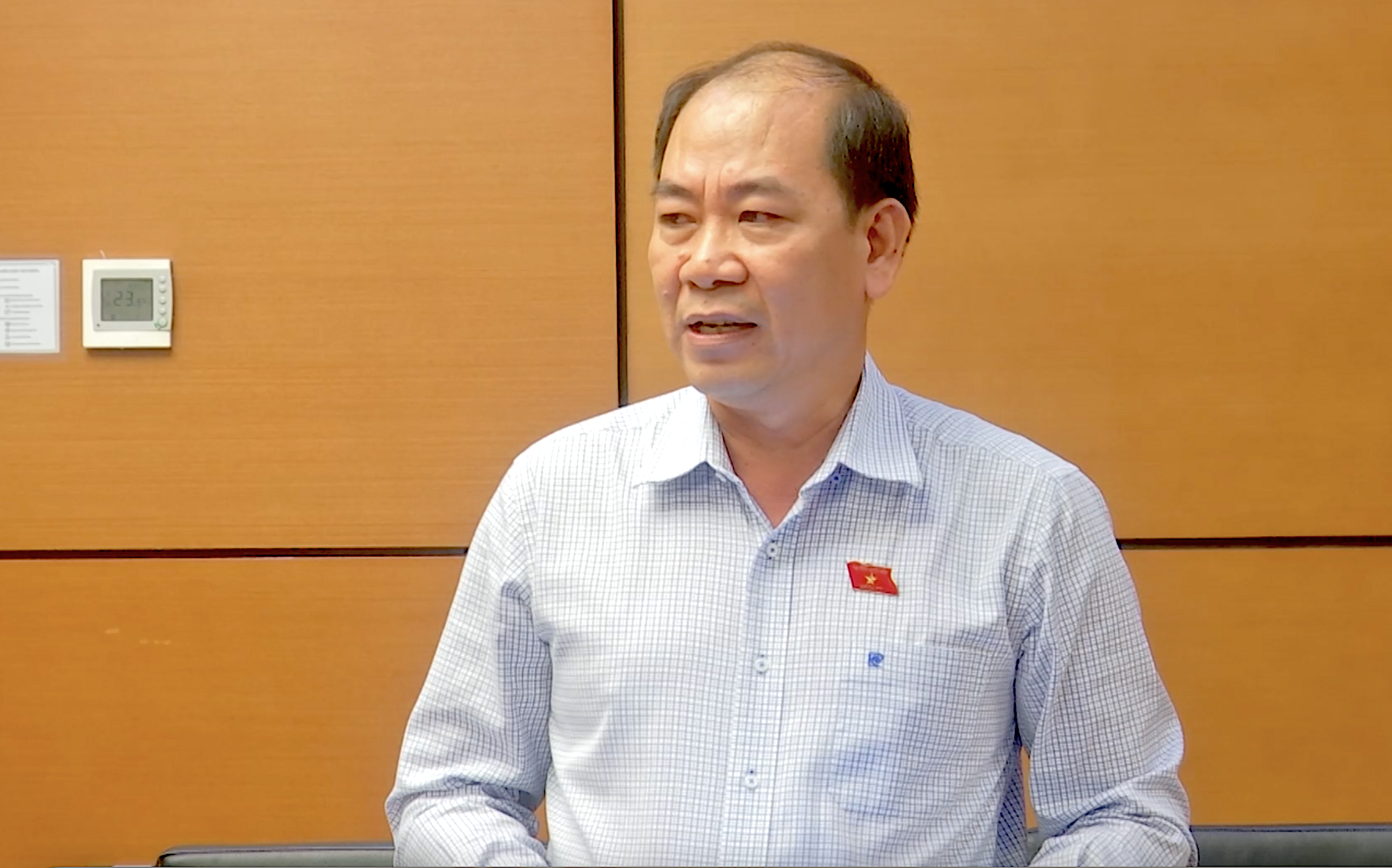 |
| Delegate Nguyen Viet Thang expressed his opinion at the discussion session. |
It is impossible to "adjust the law" by Government resolution.
Speaking at Group 7, delegate Nguyen Viet Thang ( Kien Giang Delegation) expressed disagreement with the provision in the draft allowing the Government to issue resolutions to adjust a number of provisions in laws or resolutions of the National Assembly.
He cited Articles 69 and 94 of the 2013 Constitution to affirm that the National Assembly is the highest state power body, exercising legislative power, while the Government is the executive body, responsible for enforcing laws promulgated by the National Assembly. "The Law on Promulgation of Legal Documents also does not allow the Government to issue resolutions to pilot policies different from the law. Only the National Assembly has this authority," Mr. Thang said.
Delegate Thang warned that if the Government is allowed to “adjust the law” by resolution, it will create chaos in the legal system, even making it difficult to look up and apply the law. He analyzed that according to current regulations, if there are many documents regulating the same issue, the document with higher legal effect will take priority. Therefore, the Government’s resolution cannot “override” the law or resolution of the National Assembly.
Regarding the design of authority in the draft, Mr. Thang said that it should not be divided according to the agency submitting the document but should be divided according to the authority issuing it. “If divided according to submission, it will create cumbersome procedures and will not solve the root cause. Giving the Government the authority to amend the law is not in accordance with its function, making the legal system more confusing,” he emphasized.
The delegate suggested that the National Assembly and the Government urgently review the entire legal system to clearly identify overlaps and shortcomings, and then resolve them thoroughly. He highly appreciated the invitation of the National Assembly agencies to participate in the appraisal council, helping to shorten the process and increase feasibility when submitting to the National Assembly.
In particular, delegate Thang proposed a more suitable solution: the National Assembly can authorize the National Assembly Standing Committee to decide to temporarily suspend the validity of some provisions of the law in cases of real urgency. On that basis, the Government can issue a resolution guiding the implementation while waiting for the law to be amended. "This is a way that is both legal and flexible, without disrupting the legislative order," he affirmed.
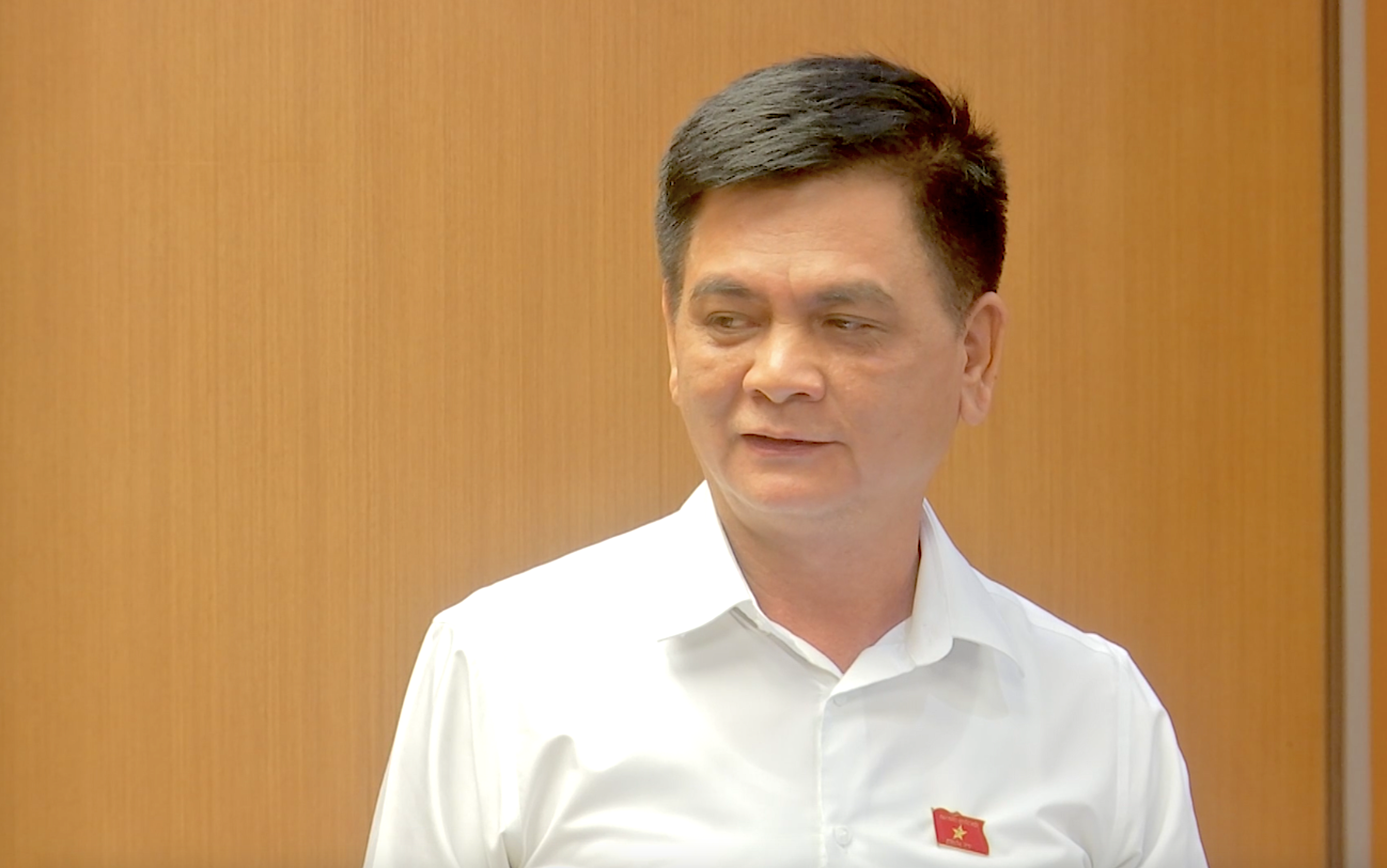 |
| Delegate Nguyen Lam Thanh expressed his agreement with the goal of removing legal obstacles. |
Resolving legal issues
In the same discussion group, delegate Nguyen Lam Thanh (Thai Nguyen Delegation) expressed his agreement with the goal of removing legal obstacles, but said that the draft has not yet clearly defined the criteria and principles for handling.
He analyzed that there are policies that seem reasonable but are not suitable for reality, because the regulation "10 dong to do" but in reality only gives "3 dong". "It is necessary to add the criterion 'not suitable for reality' to reflect the true nature of the problem," Mr. Thanh suggested.
Regarding the handling principles, delegates proposed to rearrange the content of Article 3 of the draft resolution. Accordingly, the principle of “timely handling, focusing on key issues” should be put first because it is the core goal of the resolution. Next is the principle of ensuring the legitimate rights and interests of people and businesses – especially civil rights, property and contracts.
Notably, he suggested retaining the criteria of “constitutional and legality” but reconsidering the requirement of “absolute consistency” of the legal system. “Sometimes, we have to break old regulations to create new ones. If we are bound by the old framework, we cannot innovate,” he said.
Delegate Nguyen Lam Thanh also proposed forming a tripartite working group – including representatives of ministries, independent experts and National Assembly agencies – to review and analyze policies. “The old thinking will repeat if the issuing agency is still assigned to review itself,” he emphasized.
Cannot be "untied" by loosening control
Giving comments in the group, delegate Nguyen Thi Suu - Deputy Head of the National Assembly Delegation of Hue City delved into three groups of issues: Legal language, limits of authority and provisions for implementing the resolution.
Ms. Suu said that the phrase “unclear, unreasonable, unfeasible” in the draft is easily emotional and not suitable for legal language that requires precision and quantification. “It should be replaced with the phrase “causing difficulties in applying the law”, which is both more concise and true to the essence,” Ms. Suu suggested.
She also noted that legal difficulties do not only arise from documents but also from practices that have arisen but have not been regulated by law. Therefore, it is necessary to add the criterion of “problems arising from practices” to the content of identifying difficulties.
Regarding the content of Clause 3, Article 2, she suggested clarifying “unnecessary burdens on compliance costs” and replacing the phrase “restricting innovation” with “hindering innovation and creativity”. “If ambiguous qualitative language is used, additional decrees and circulars will have to be issued in the future to explain, slowing down the implementation of the resolution,” she warned.
More importantly, delegate Suu expressed caution about the proposal to empower the Government to adjust legal regulations under the authority of the National Assembly. She affirmed: "The National Assembly is the only body with legislative power. If there is authorization, it should only be limited to truly urgent and urgent situations and there must be a strict monitoring and post-audit mechanism."
Commenting on the implementation provisions (Article 7), the delegate proposed to clearly distinguish two stages: Until 2025 is the stage of removing institutional bottlenecks; and from 2025 to February 2027 is the stage of completing amendments and supplements to relevant laws. She also suggested adding the responsibility of summarizing and recommending amendments when the resolution expires.
Source: https://huengaynay.vn/chinh-tri-xa-hoi/theo-dong-thoi-su/thao-go-vuong-mac-phap-luat-dung-de-go-thanh-roi-154890.html





![[Photo] Binh Trieu 1 Bridge has been completed, raised by 1.1m, and will open to traffic at the end of November.](https://vphoto.vietnam.vn/thumb/1200x675/vietnam/resource/IMAGE/2025/10/2/a6549e2a3b5848a1ba76a1ded6141fae)


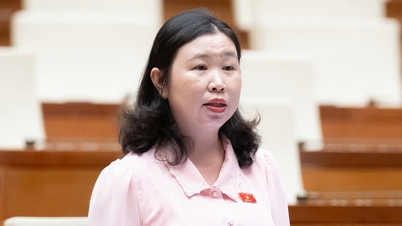

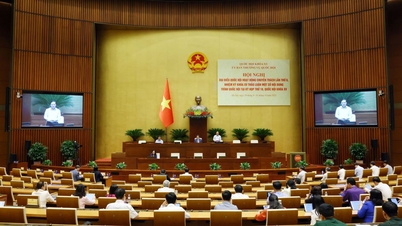

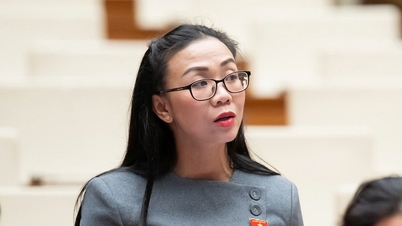
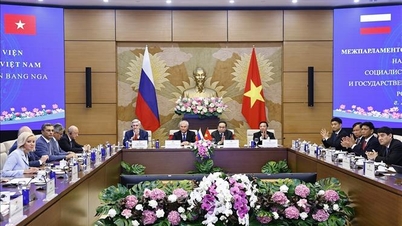
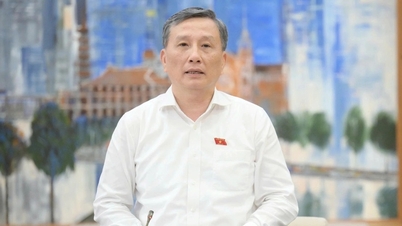

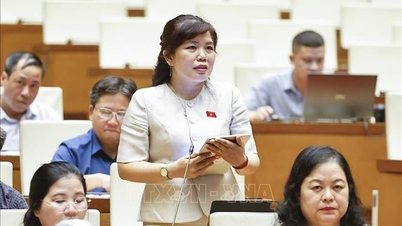






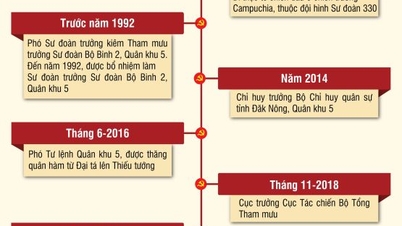

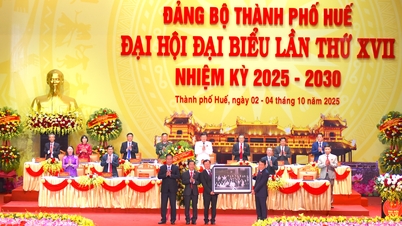






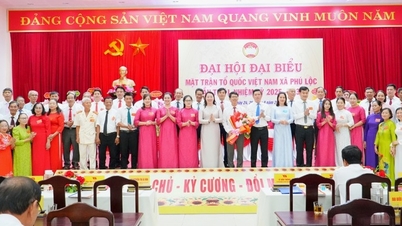
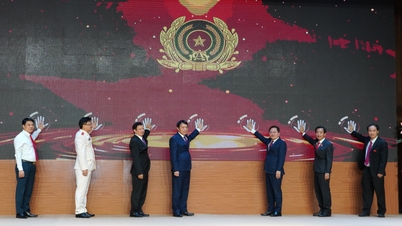


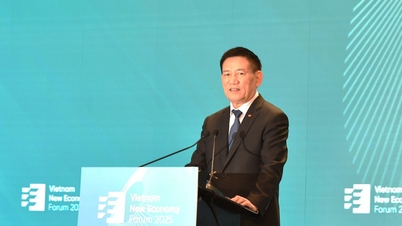
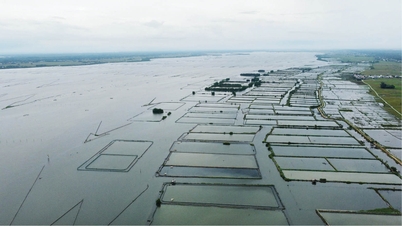































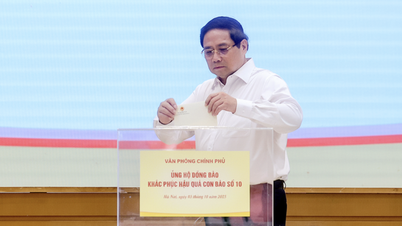





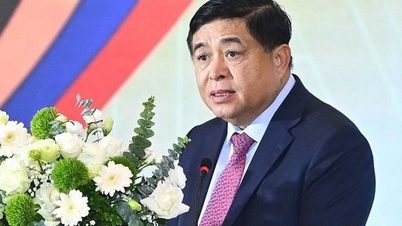





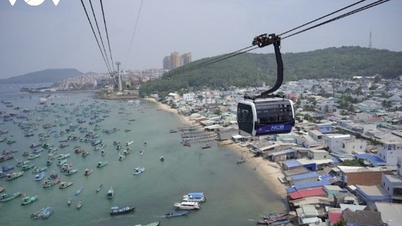
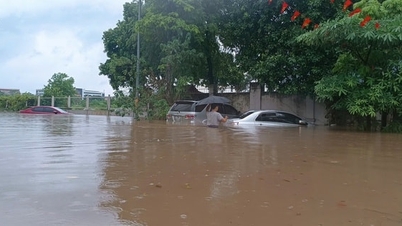

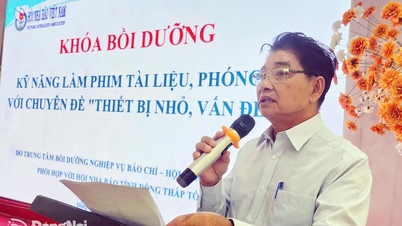



















Comment (0)